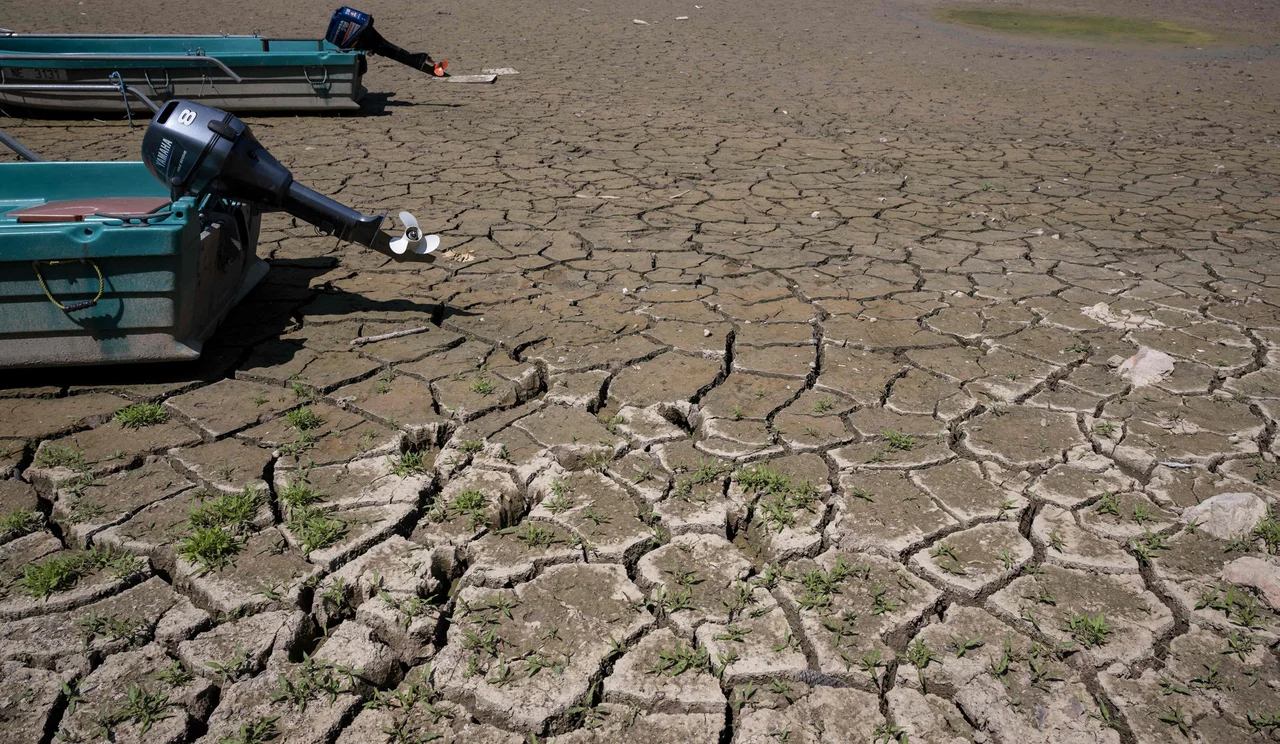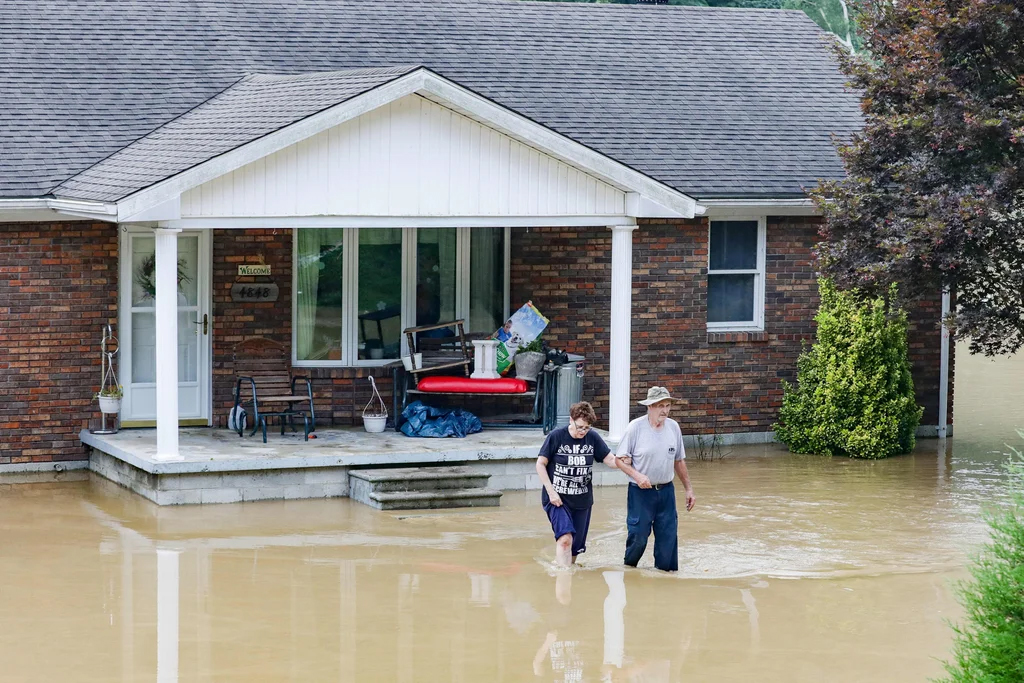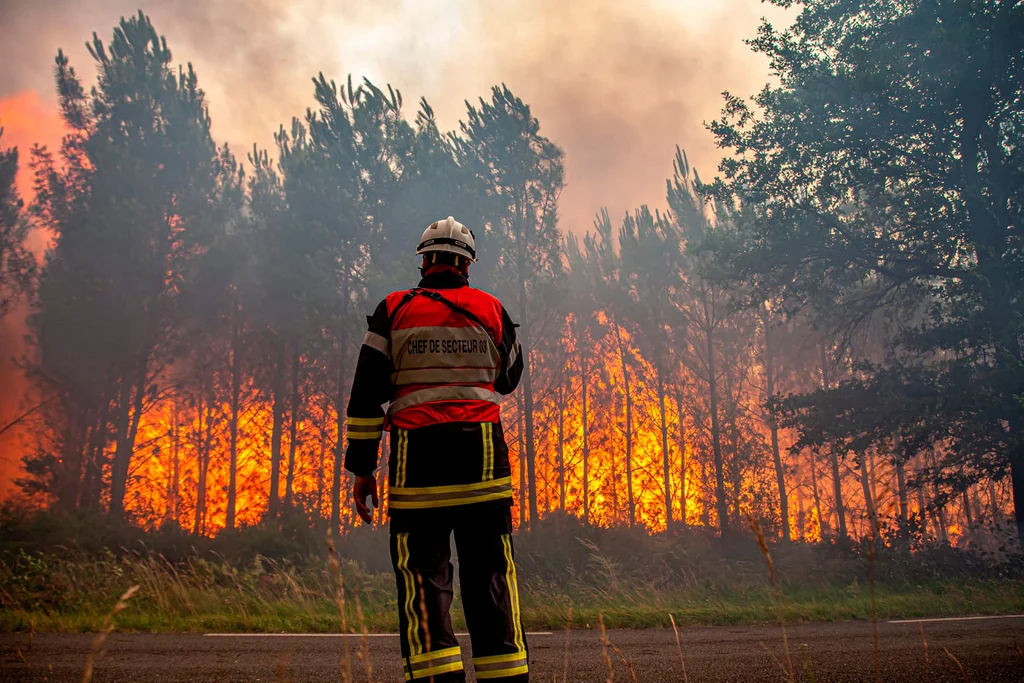
The climate crisis, its effects and ways to prepare for it will become a central topic of research, as per the Council on Higher Education's upcoming five-year program.
Israel's Council of Higher Education will for the first time allocate hundreds of millions of shekels over the next five years for research into the climate crisis and sustainability, Haaretz has learned.
The council's upcoming five-year program, the main principles of which were formulated over the past few months, represents a major step forward for Israeli climate research — an area of study extremely lacking in resources, especially compared to the enormous investments and research in these academic fields in other countries.
A number of scientists from Tel Aviv University, the Hebrew University and the Weizmann Institute in Rehovot told Haaretz that Israel currently lacks academic research and data on the changing climate, and must prepare for what the United Nations deemed the most serious threat to the future of humanity.
Not only is the number of climate scientists in Israel negligible, today there is almost no multidisciplinary climate-related research conducted in Israel – even though Israel is located in an area of the globe where the pace of warming is twice the global average, and that the crisis is now expected to have consequences on all areas of life, the scientists say.

The Environmental Protection Ministry and Israel's Meteorological Service are reportedly also worried by this lack of multidisciplinary research into the climate crisis and its effects on the region.
“Without a doubt, academia in Israel needs a push in everything concerning climate and sustainability,” Prof. Dan Yakir, an Israel Prize winner in the field of earth sciences who heads the multidisciplinary committee of experts of the Israel Academy of Sciences on climate, told Haaretz. "These issues in Israel are closed and conducted in small forums in small departments, even though every academic field needs to take them into consideration," said Yakir.
"The funding from the Council of Higher Education, which directs higher education in Israel, can certainly make a major change and influence the direction of research," he added.
The Planning and Budget subcommittee of the Council for Higher Education decided to devote most of the new budget to research studies on energy and climate crisis issues, as well as food, agriculture and biological diversity.
In addition, funds will be allocated for research relating to transportation and smart cities, as well as education for sustainability, regulation, health and welfare.

The precise manner in which the funds will be allocated will be formulated by a steering committee of experts from different fields, which will begin operating soon. The final budget for the program has still not yet been set, because of the state budget has not yet been passed – but the main points of the program have already been given unofficially to the academic institutions involved, so they can prepare.
The planning and budget subcommittee’s decision, which was approved in June, stated that the purpose of the new program was to encourage “innovative, multidisciplinary and ground-breaking basic science on subjects directly and indirectly related to contemporary global challenges, and which corresponds with the priorities of those funding research around the world that have begun investing in the field significant percentages of their budgets.”
In order to formulate the program and decide how funds will be allocated, academic institutions were sent questionnaires in recent months regarding their research and teaching into the climate crisis.
As part of the program’s goals, the Council for Higher Education is also planning on conducting research in cooperation with the relevant government ministries and authorities.
